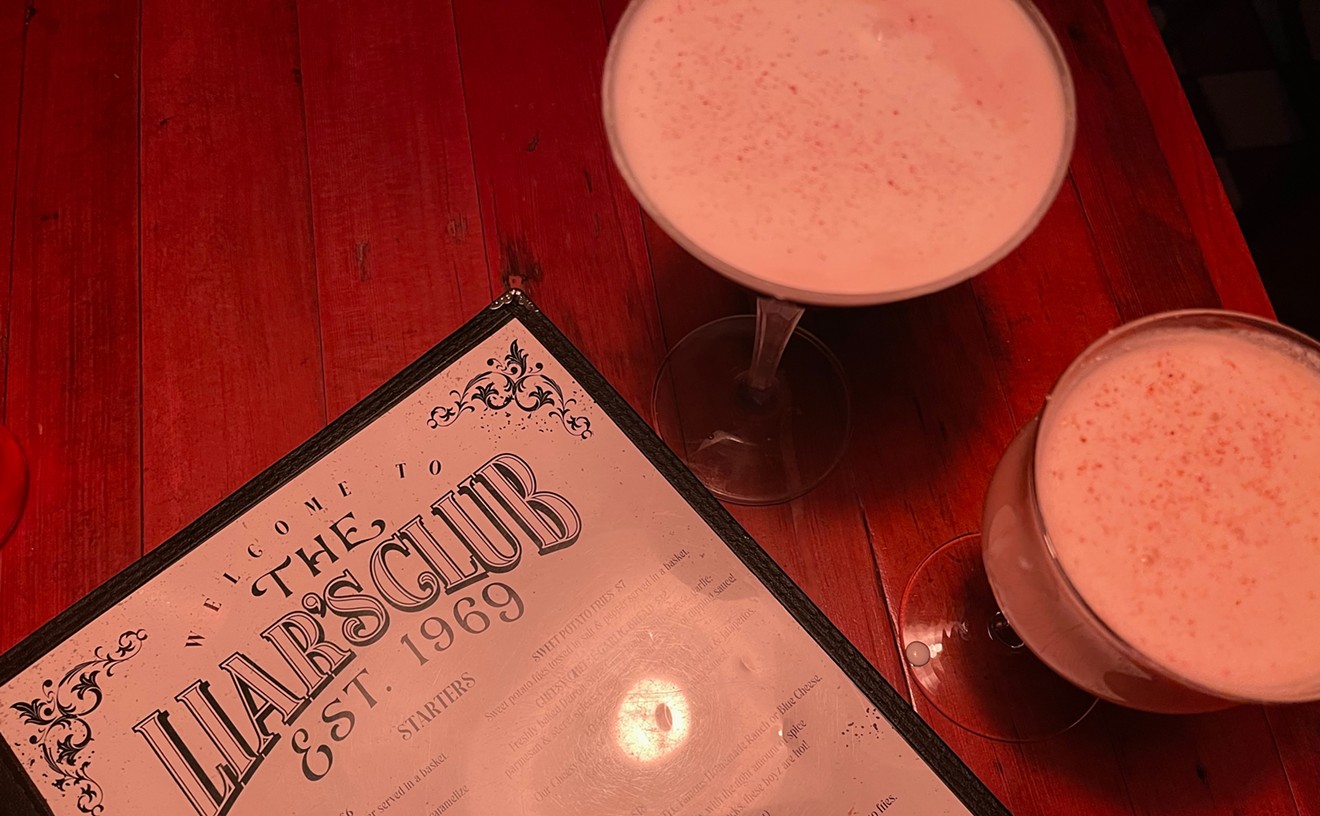Yeah, but sometimes we civilians just need a brick to the head. There was no shortage in 2007 of good documentaries about important subjects: Chief among them was Michael Moore's Sicko, which may not have had the cultural impact of his earlier Bush-bashing, but which actually galvanized red and blue believers alike on the issue of healthcare — indeed, folks around the country formed advocacy groups in response to the doc, a sure sign they were as infuriated as they were entertained. Also released in '07: Darfur Now and The Devil Came on Horseback, both about genocide in Sudan; The Prisoner or: How I Planned to Kill Tony Blair, about one Iraqi's wrongful imprisonment in Abu Ghraib; and For the Bible Tells Me So, about the Good Book's stance on homosexuality.
In what was one hell of a cinematic dinner party wish list, Jimmy Carter, Pete Seeger, Joe Strummer, and Karl Lagerfeld all got their own portraits; forthcoming in 2008 is Alex Gibney's Gonzo, about the life and death of Hunter S. Thompson. And earlier this year, a couple of guys knocked out of the park a doc about King Corn, otherwise known as the silent killer that makes everything taste swell as it poisons us to death. You'll never look at a can of Coke the same way again.
Two of the best films of 2007 were docs that played like the stuff of far-out fiction. Indeed, King of Kong: A Fistful of Quarters is, at this very moment, being converted into a narrative feature (so unbelievable is its subject matter that many who saw Seth Gordon's movie about two dudes vying for the title of Donkey Kong champion believed it a mockumentary). Then there was Amir Bar-Lev's My Kid Could Paint That, about a 4-year-old girl hailed as the second coming of Jackson Pollock, at least until Charlie Rose came to town and began tossing around the theory that, ya know, maybe her daddy's the painter after all.
Bar-Lev's doc was perhaps the year's most essential true-life tale, not only because it was a thriller bereft of glib resolutions or because it serves as an excellent corrective for parents who think their kids are geniuses, but also because it's the sole doc of 2007 about actually making a documentary. Bar-Lev initially thought he was telling a feel-good story about a cute little girl and her rise to stardom. Instead, he found himself on the other end of the lens, wondering whether he'd been duped and why he was even bothering in the first place. By the time the girl's mother accuses him of betrayal, you don't know what to believe — and you don't get more honest than that.










